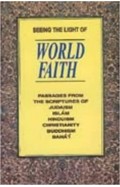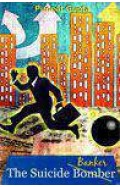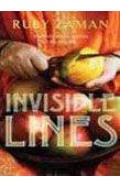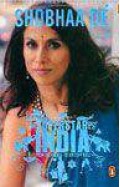Emergence of Hinduism in Gandhara Hardcover
By: Abdul Samad Khan
-
Rs 990.00
- Rs 1,800.00
- 45%
You save Rs 810.00.
Due to constant currency fluctuation, prices are subject to change with or without notice.
Hinduism in Gandh ra could only be traced back to the Hindu h period in the 7th- 8th century CE, when the Hindu h dynasty had established its capital at Waihind (modern Hund) (Rahman 1979). However, subsequent research particularly at the cave site of Kashmir Smast, north of Mardan, Khyber Pakhtunkhwa, gave clear evidence for the presence of what can be identified as Hindu traditions during the 3rd - 4th centuries CE (Nasim Khan 2001: 218-301, Falk 2003: 1-18). This discovery prompted to be researched and led to the critical analysis of a wide range of material culture and literary sources. This book have succeeded in searching out concrete evidence to show that Hinduism had its roots in the land of ancient Gandh ra, even much before the dawn of the Current Era. This work is of great importance and may be of equal interest for scholars and ordinary readers. The book is well illustrated, but in a simple language, dispensing with difficult terminologies, for the benefit of ordinary readers.
Hinduism in Gandh ra could only be traced back to the Hindu h period in the 7th- 8th century CE, when the Hindu h dynasty had established its capital at Waihind (modern Hund) (Rahman 1979). However, subsequent research particularly at the cave site of Kashmir Smast, north of Mardan, Khyber Pakhtunkhwa, gave clear evidence for the presence of what can be identified as Hindu traditions during the 3rd - 4th centuries CE (Nasim Khan 2001: 218-301, Falk 2003: 1-18). This discovery prompted to be researched and led to the critical analysis of a wide range of material culture and literary sources. This book have succeeded in searching out concrete evidence to show that Hinduism had its roots in the land of ancient Gandh ra, even much before the dawn of the Current Era. This work is of great importance and may be of equal interest for scholars and ordinary readers. The book is well illustrated, but in a simple language, dispensing with difficult terminologies, for the benefit of ordinary readers.
Emergence of Hinduism in Gandhara Hardcover
By: Abdul Samad Khan
Rs 990.00 Rs 1,800.00 Ex Tax :Rs 990.00
Zubin Mehta: A Musical Journey (An Authorized Biography)
By: VOID - Bakhtiar K. Dadabhoy
Rs 472.50 Rs 1,050.00 Ex Tax :Rs 472.50
Seeing the Light of World Faith - Passages from the Scriptures of Hinduism, Judaism, Buddhism, Christianity, Islam, Baha'I
By: Alan Bryson
Rs 674.00 Rs 6,740.00 Ex Tax :Rs 674.00
Manning Up: How the Rise of Women Has Turned Men into Boys
By: Kay Hymowitz
Rs 646.75 Rs 995.00 Ex Tax :Rs 646.75
Seeing the Light of World Faith - Passages from the Scriptures of Hinduism, Judaism, Buddhism, Christianity, Islam, Baha'I
By: Alan Bryson
Rs 674.00 Rs 6,740.00 Ex Tax :Rs 674.00
No recently viewed books available at the moment.
Zubin Mehta: A Musical Journey (An Authorized Biography)
By: VOID - Bakhtiar K. Dadabhoy
Rs 472.50 Rs 1,050.00 Ex Tax :Rs 472.50
Emergence of Hinduism in Gandhara Hardcover
By: Abdul Samad Khan
Rs 990.00 Rs 1,800.00 Ex Tax :Rs 990.00
Seeing the Light of World Faith - Passages from the Scriptures of Hinduism, Judaism, Buddhism, Christianity, Islam, Baha'I
By: Alan Bryson
Rs 674.00 Rs 6,740.00 Ex Tax :Rs 674.00











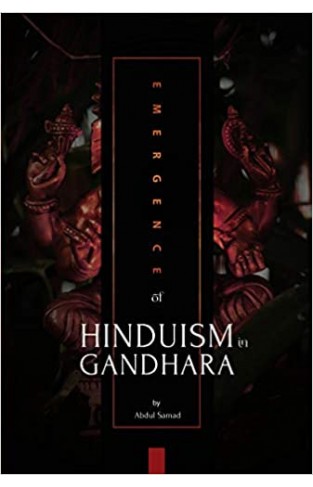
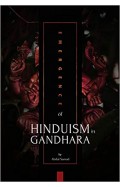
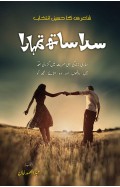

-120x187.jpg?q6)





